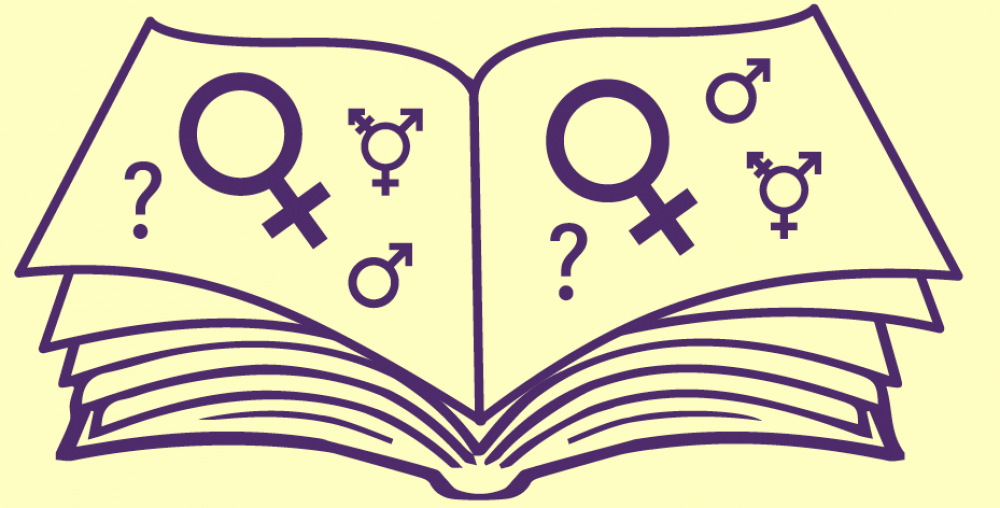Organization name:
Lambda Legal and Child Welfare League of America (CWLA) create: CenterLink LGBT Help/Support
-
An image or video to help people understand the organization better:
-
Area of focus:
Lesbian, gay, bisexual, transgender and questioning (LGBTQ) youth are coming out and publicly acknowledging that they are LGBTQ at younger ages than ever before. For many LGBTQ youth, sexual orientation or gender identity is why they are in out-of-home care in the fi rst place. Their families may have rejected them outright, or they were forced to escape physically or psychologically abusive families who wanted to “cure” or punish them. Further exacerbating their situation is the harassment and violence that LGBTQ youth often face in school settings. As a result, LGBTQ youth are over-represented in out-of-home systems of care. They are at increased risk of homelessness, dropping out of school, physical or emotional abuse, depression, substance abuse, rape and suicide.
-
Location:
208 West 13th Street
New York, NY 10011
-
Phone number:
Main: 212-620-7310
Fax: 212-924-2657
Hotline: 212-620-7310
Helpline: 212-620-7310
-
Website (link):
http://www.lgbtcenters.org/Centers/New-York/76/The-Lesbian-Gay-Bisexual-and-Transgender-Community-Center-NYC.aspx
-
Volunteer or activist opportunities there (be as specific as possible):
Volunteer at your local LGBTQ center. Search for a center near you that assists LGBTQ youth, seniors, and families, then contact it to ask how you can help. LGBTQ youth especially are at high risk for homelessness, harassment, and suicide, and after-school programs around the country are in need of compassionate people to show up for them. You help through volunteer work, assisting with emotional support and funding.



